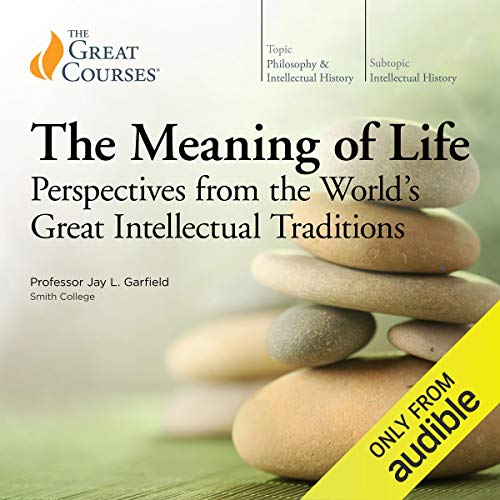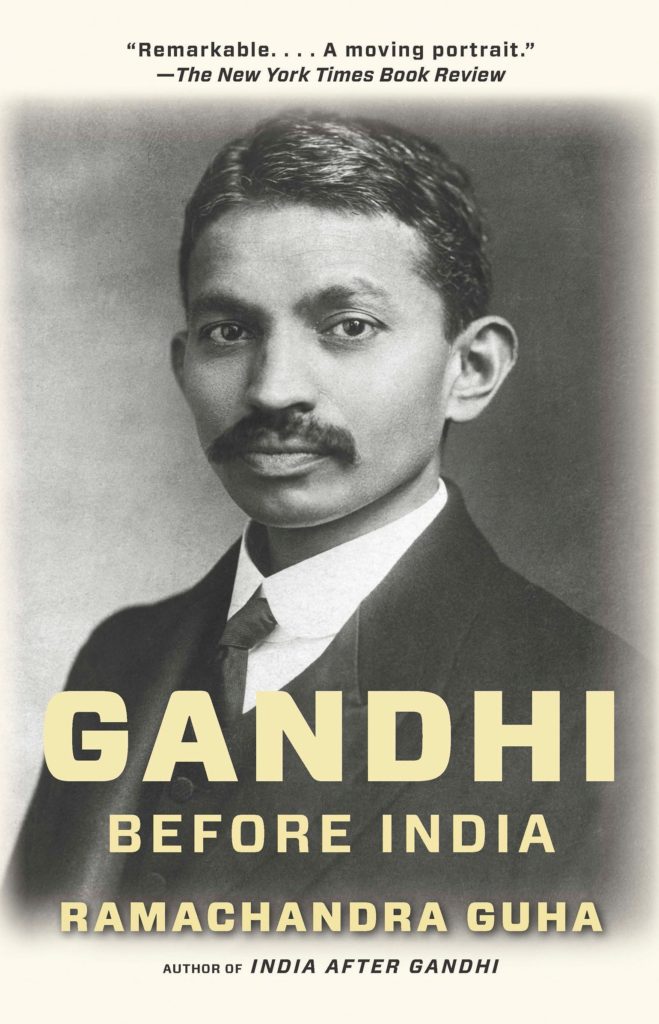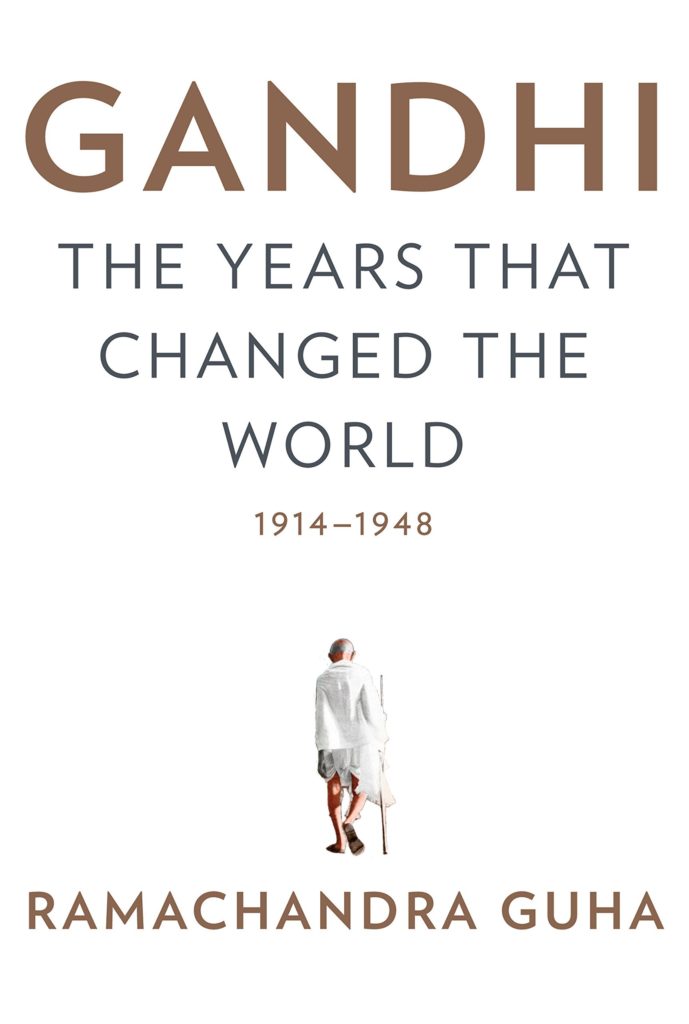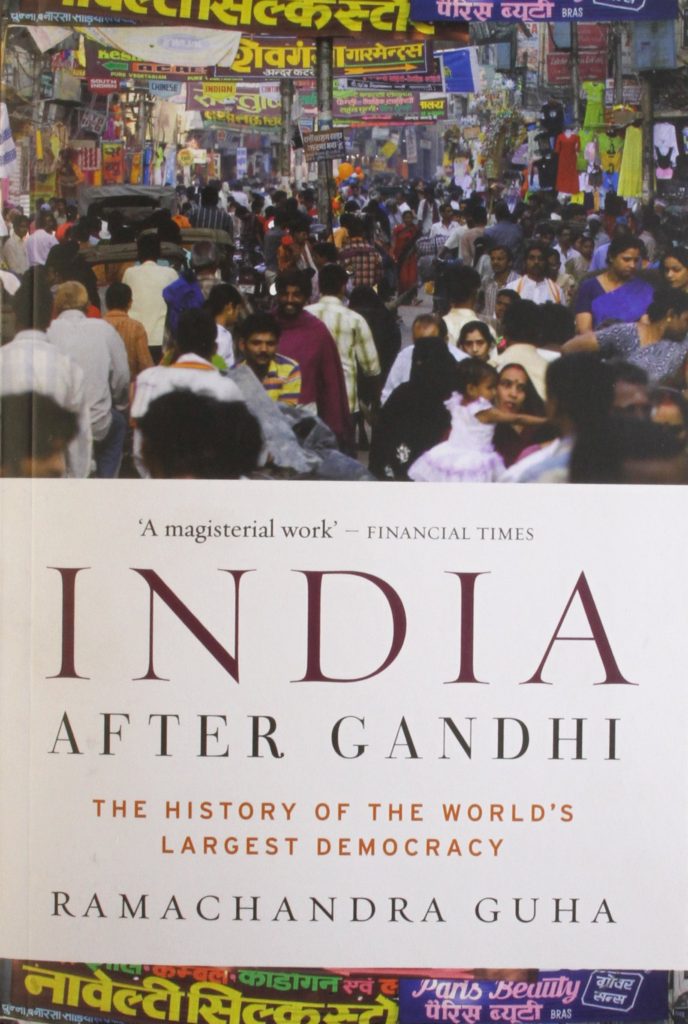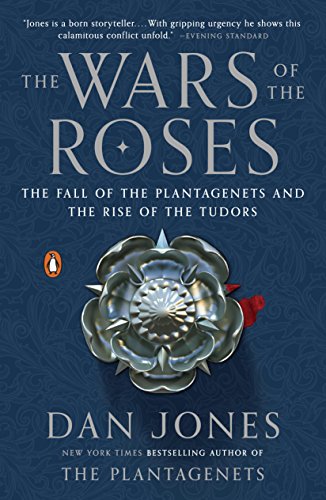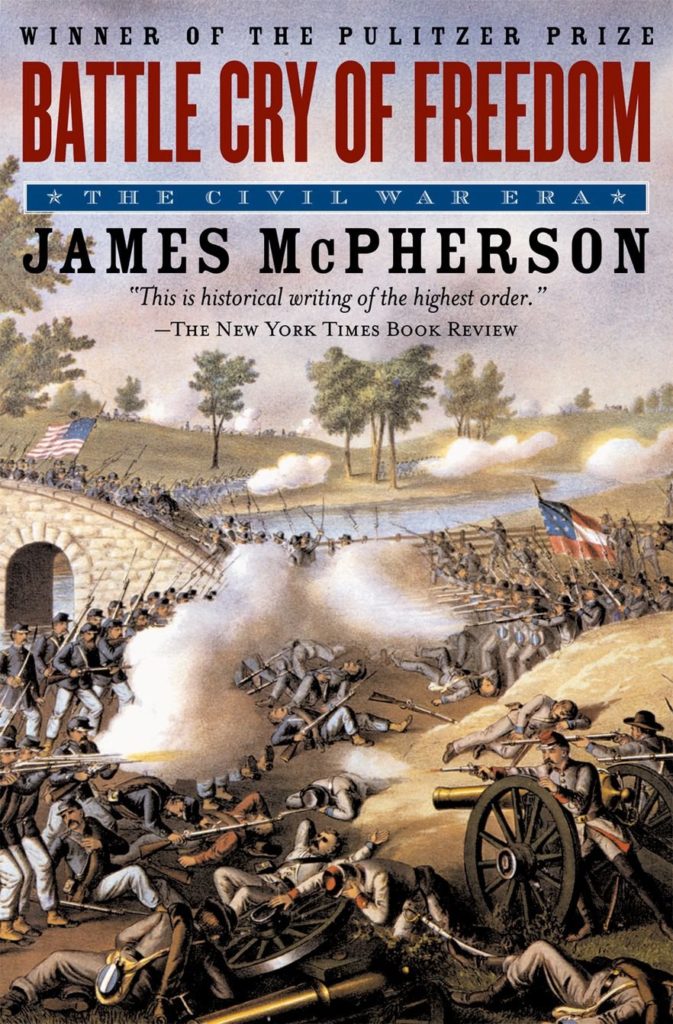Written after reading Understanding Marxism by Richard Wolff
I’d like to pose a series of questions that I believe any competent Marxist author must address in order to fully convince me that socialism is a workable solution to the intractable problems run-away capitalism is creating in our world:
Violence
- What role does the author expect violence to play in the revolutionary transformation to (and maintaining of) a truly socialist society?
- How is wealth to be redistributed without violence, or is violence the expectation?
- Once achieved, can the classless society be maintained without resorting to government sanctioned violence and terror, as certain individuals invariably find ways to turn a profit, exploit weaknesses in the system, hoard wealth, etc?
- If achieved through violence, is such a revolution worth the cost? If so, how much violence does the author find acceptable in order to achieve his desired ends?
Human Weakness
- Is human nature inherently selfish, or is selfishness taught to us by our capitalist surroundings?
- Are we truly capable, as a species, of accepting total economic equality? Can we suppress or even obliterate our innate desires – to compete, to profit from innovation, to improve the lives of our children, to hoard wealth – or are these too powerful and hard-wired?
- How can a socialist society be governed responsibly and without class distinction, when the governors themselves face unending temptation to use the means of production to accumulate wealth for themselves?
- Whoever we put in charge of the means of production and redistribution of wealth will face tremendous pressure to patronize friends and political allies, to maintain power at all costs, to prop up the system when times get hard (i.e. constant propaganda)… in other words, how do we prevent another totalitarian dictatorship from blossoming? Can any human leaders handle the temptation of managing the world’s wealth?
Freedom and Democracy
- How much democracy will exist once socialism is achieved? Who will have a say in how the means of production are used?
- How should the socialist government deal with freedom of speech (i.e. what should be done about those who criticize the system or advocate changes that might invite capitalism to spread?) – can this type of speech be allowed?
- Will diverse political beliefs and policy proposals be tolerated, or will the state be forced to crack down on political discourse in order to maintain loyalty to the classless system?
- What rights will be reserved to the people at all costs? Or is it too risky to give the people unimpeachable freedoms, when the people might be so inclined to pursue profit or criticize socialism?
Economic Diversity
- In a socialist society, will all major economic drivers (prices, banking & finance, supply & diversity of goods, etc) be decided and controlled by the government?
- Will the government decide which regions will produce which goods, and how they will be produced, and where the final products will be shipped? If so, how will the government deal with dissent?
- If a Planned Economy is the model, how will the government maintain a vibrant and diverse economy, a resilient economy that can adapt to crises, an economy that can produce enough goods to keep the people in good health and a certain level of prosperity? How will they prevent stagnation and shortage and universal poverty?
- Or will the economy run in a more democratic fashion, while still maintaining a classless society? If so, what are the details of this plan?
- How is socialism to deal with types of jobs other than factory worker, farmer, or laborer? In other words, how will it deal with professionals, professors, artists, etc? What role will these types fill in society, and will socialism provide a place for those people to flourish?
- If no person can ever profit from his labor, how will productivity be maintained? When there is no financial penalty for failing to complete work in a timely fashion, and no financial reward for producing good work, why work hard at all? What is the incentive to pour sweat and energy into a job, when the bare minimum produces the same outcome for the worker?
I feel that these are crucial questions that any intellectually honest Marxist, socialist, etc. must wrestle with in order to argue effectively that their worldview is superior to capitalism, that their plan will lead to wider prosperity, equality, and brotherhood than does our current economic system. If a Marxist author devotes a book (or even a career) to assassinating capitalism, but then leaves these questions perpetually unanswered, then he/she has left the “solutions” column blank. No matter how many ways one highlights the problems with capitalism, if there are no concrete, workable, non-violent proposals for how we create a more just world, then the whole critique of capitalism rings hollow. It may engender in the reader an acute disappointment that we live in such a tough world, but it doesn’t offer any maps to where we go next. The Marxist who only discusses the problem turns him/herself into an idealist raging against the dirty realities of human life.
(Of course there is something to be said for authors who hope their readers will be inspired to come up with new solutions themselves, but I digress.)
I’m not saying that there is no point in pointing out the problems with capitalism. I think that is entirely worthwhile, especially if speaking to an audience that has never considered those problems before. If one die-hard capitalist reads such a critique and realizes for the first time that poverty is all around him, that exploitation of the working class is how the wealthy build surplus wealth, that so many millions of working poor in America have no shot at prosperity or even stability – well that would be a victory in and of itself.
However if the author doesn’t immediately propose workable solutions to that reader, and address the questions above, then that newly “woke” capitalist will probably say, “Man it’s too bad that capitalism is such shit, but it’s the best we’ve got.” A reasonable person can look at capitalism and recognize on one hand that exploitation is a pillar holding up the system, but on the other hand note that profit motive and entrepreneurship and innovation are also pillars. Capitalism is not all evil; it in fact allows many people the chance to harness their own drive, creativity, and work ethic to build something new and exciting (if that individual is privileged enough to have the wealth/time to take advantage of such opportunities – which of course most Americans are not). If, after laying out a case against capitalism, the author proposes as the only “solution” some kind of far-off, vague ideal where all humans live in perpetual harmony, then the here and now will always win. We don’t get a better world than the one we’ve got if we don’t propose solutions, or at least baby steps, that can be (painlessly) implemented now. Marxism won’t win over new converts if it can’t offer up policy proposals that fit into the general public’s world view, a world view that seems to care much more about now than it does about later.
To reflect on my own motives for a moment, these questions stem from my own fears: the fear that humans aren’t capable of abolishing selfishness and accepting true economic equality; that any attempt at revolution will lead to wanton bloodshed, dictatorship, and corruption of the ideal; that trading capitalism for socialism will just create a new power structure where a minority (the government officials tasked with managing the means of production and distributing wealth) will rule over the majority (the workers); that stagnation and shortage will be the end result of any attempt to remove the profit motive from our economics. I want to see some concrete proposals that might bring us closer to socialism, without sinking into these pitfalls.
Just to be clear, I do not consider any kind of violent overthrow to be a suitable solution to capitalism’s woes. A mass act of violence, even against the “oppressors”, will only invite backlash, and these sorts of revolutions always bring with them unintended consequences (rioting, looting, public executions, dictatorship, civil war, etc). I do not personally believe that mass violence can create a better, more egalitarian world, so therefore I disqualify it as a solution.
So what solutions am I looking for?
Aristotle argued that a decent law is one that a majority of people would naturally want to follow because it aligns with their sense of morality and worldview. In other words, make something illegal if most people already don’t want to do it, make it legal if they do. Ideally the laws should help us build a sense of brotherhood with our fellow citizens, because (if they are well-conceived) they encourage the kind of decent behavior we all try to exhibit anyways. Conversely, a bad law is one that bans something we naturally want to do, thereby forcing us either to repress an innate desire or take that illegal activity underground.
In a similar vein, a workable solution to capitalism’s problems is one the majority of people can accept and are willing to implement, because it already fits with what they believe about the world. In other words, the proposals need to make sense to the person living today, and be painless enough we could put them into practice without disrupting everyone’s lives (or worse, triggering a wave of violence). This means small fixes, building over time toward an ultimate goal.
Tell someone you wish to ban profit motive, and they may look at you as if you are a crazy person (or more likely, an extremist). Tell them you wish to encourage more worker-owned businesses to flourish (perhaps with a tax credit), and they may say, “Wow that is a interesting idea, tell me more.” I would like to read a whole book full of small proposals that may ultimately lead to real, democratic, organic socialism, but in the here and now just sound like smart policy.
The book by Dr. Wolff was a concise and clear explanation of why capitalism is flawed, and how (like slavery and feudalism) it divides the world into exploiters and the exploited. The argument that we can do better was convincingly made.
Personally however, I already felt convinced of these flaws. I’m looking for solutions. When the book was done, and capitalism had been slayed (or at least pricked), I was left thinking, “that’s well and good, but where do we go from here?”


